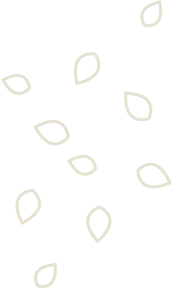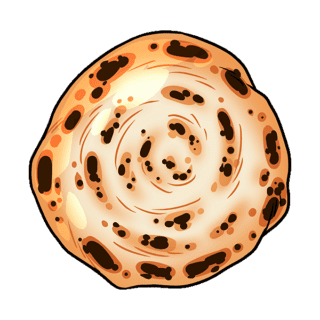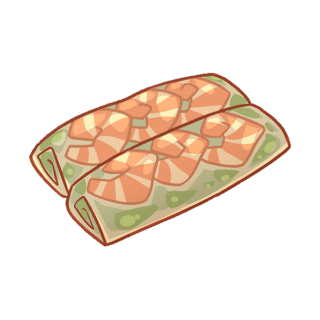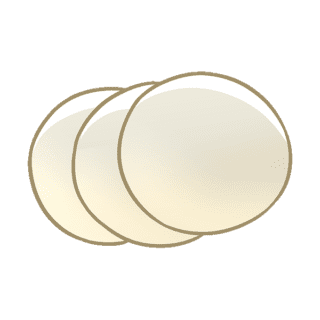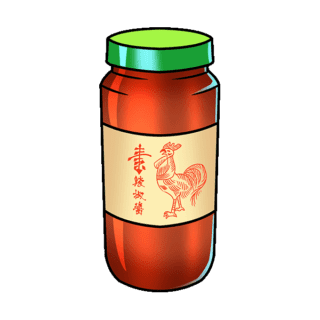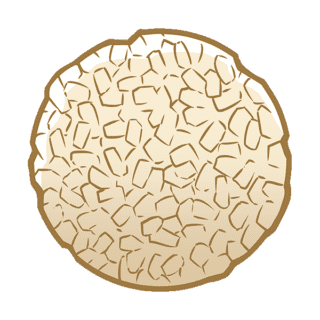Paratha
Historically, paratha’s been a part of cuisines in the north of India, where it’s been around for probably around 1,000 years — the first time it was referenced in writing (that we know of) was around 900 years ago.
Paratha is a wheat-based flatbread and, being unleavened, it doesn’t include yeast or other rising agents. This is similar to roti, although unlike roti, paratha is laminated during preparation, similarly, to puff pastry. As a result, paratha is layered and fluffy. The exception is stuffed paratha, which usually forgo lamination in favor of fillings like lamb, cauliflower, potato, and others. They’re traditionally eaten alongside many condiment options or with other complete dishes.
Because there are very few ingredients in plain paratha — just flour, salt, water, and ghee or oil — you can find them extremely easily at Uwajimaya, or find frozen paratha in the grocery department!
